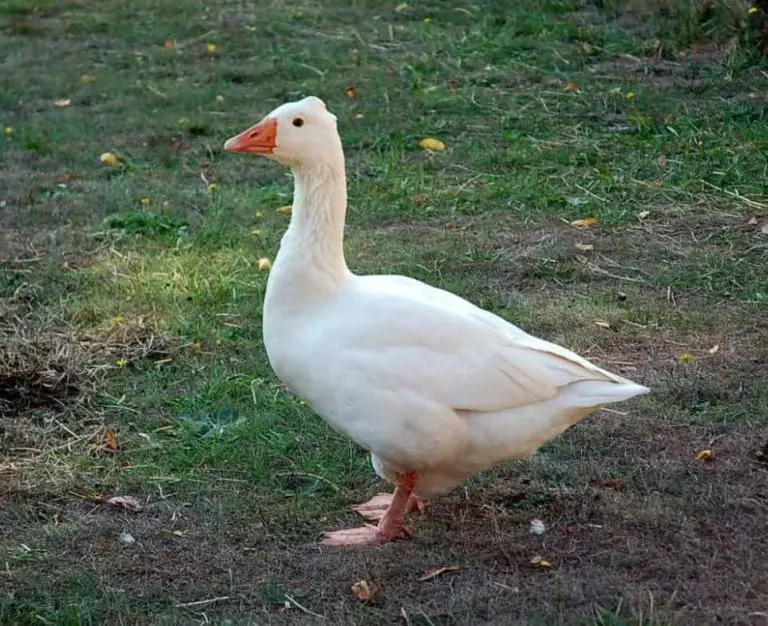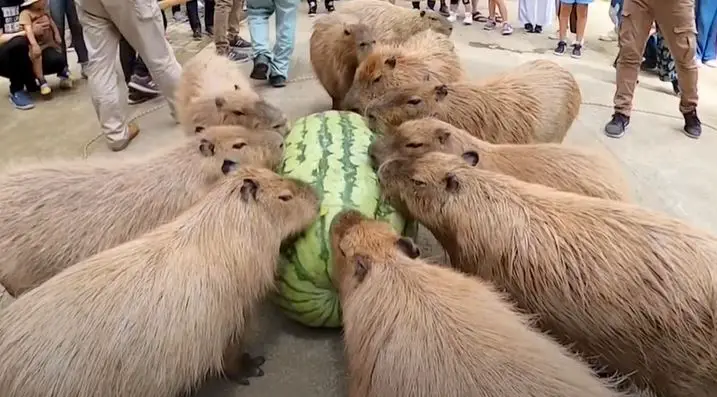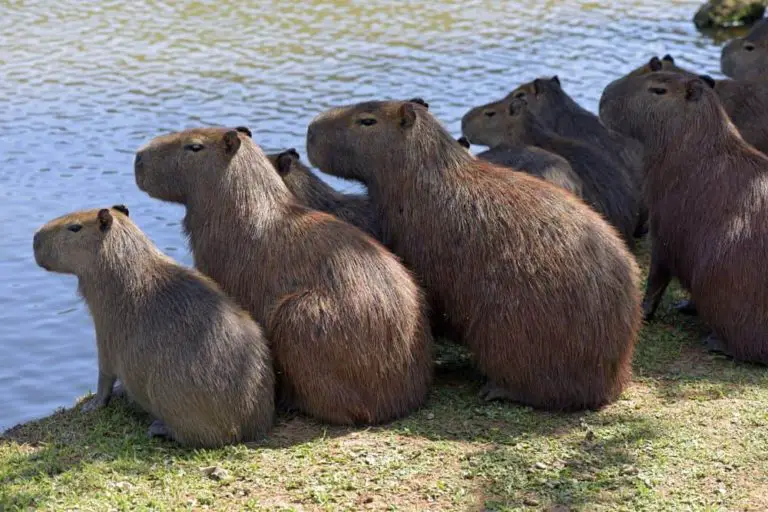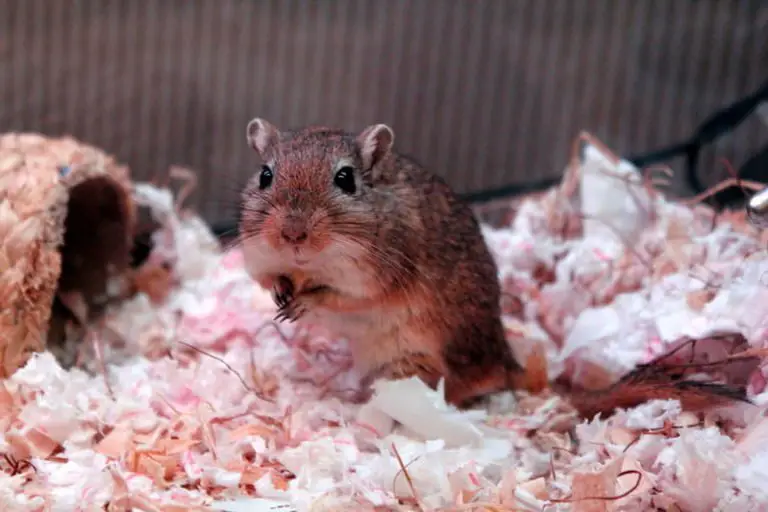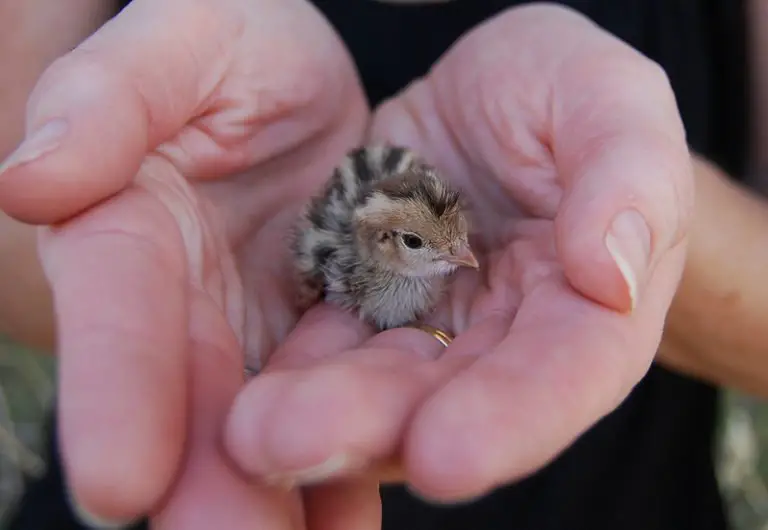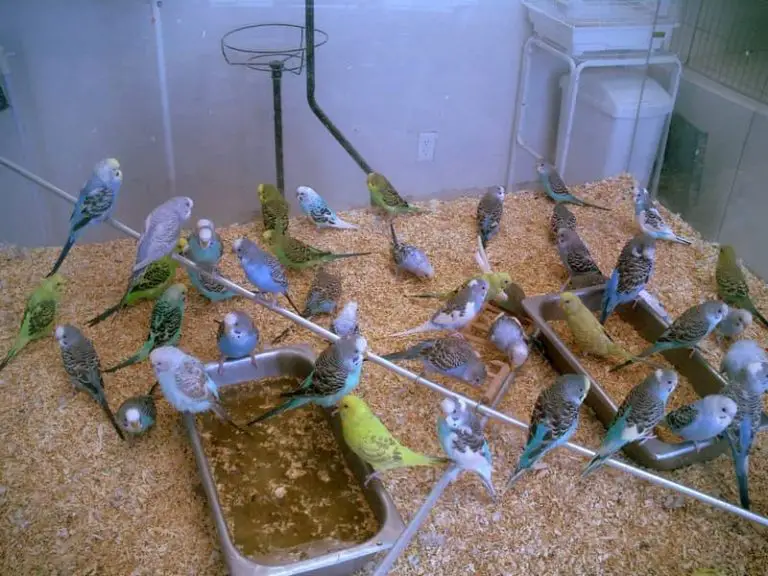Do Squirrels And Birds Eat Cicadas? (Solved)
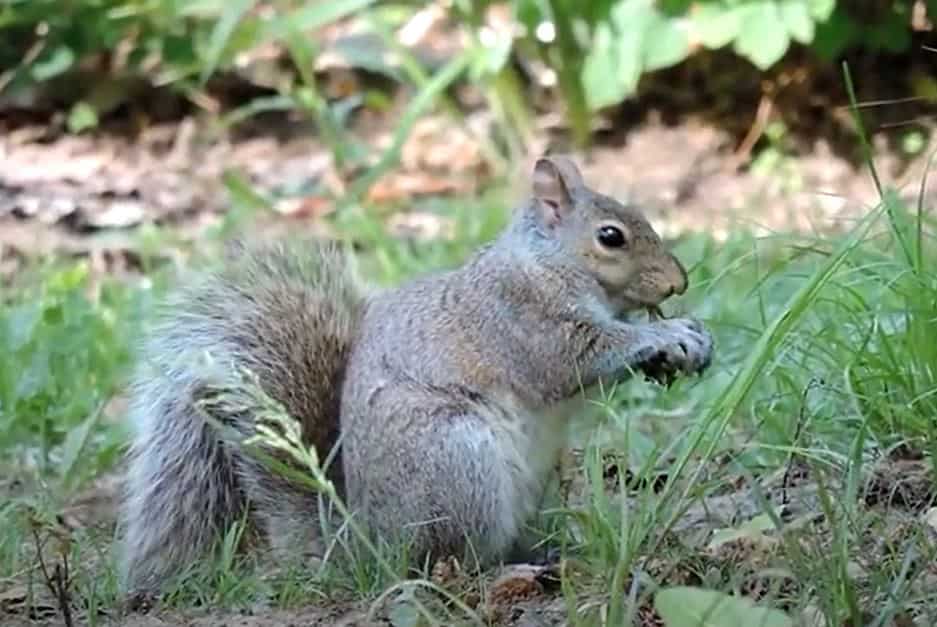
A large number of insectivorous birds, as well as squirrels, eat a large number of cicadas, because they are insects that appear massively in abundance, are nutritious, and do not represent any harm or toxic effect by their consumption.
Cicadas are very long-lived insects that emerge cyclically during a certain period of time. Cicada larvae live underground and, since they emerge in a convalescent and cyclical manner, when they do, they do so massively.
Although the squirrel is an animal with digging abilities, it is not necessary for the squirrel to have to dig to gain access to the cicadas.
By the time they emerge from under the ground, the number of cicadas is so abundant that many of the insects that have not formed properly are left defenseless above ground.
The squirrel practically does not have to make an effort to eat them, it is an easy, abundant, and nutritious food source.
Generally, a large number of cicadas are found at the base of trees, since the cicada chambers are located under the roots of the trees.
All-you-can-eat buffet for squirrels and birds
The amount of cicadas that can emerge is so overwhelming that this insect becomes practically an “all you can eat for free” buffet for some animals, squirrels and birds have been reported to be so fat that they can no longer walk properly. They just sit and eat one cicada after another.
A single squirrel could ingest hundreds of cicadas in a single day, and insectivorous birds that base their diet solely on insects spend the entire day in a non-stop feast.
What are the benefits for squirrels and birds of eating cicada?
Although squirrels and birds have access to cicadas as a very easy food source, cicadas actually offer a number of benefits, as even humans can consume them.
The cicada larva that has just emerged from the ground and is ready to shed its shell has a large amount of nutrients that are very beneficial to the squirrel or any other animal that consumes it.
It has an extremely high nutritional value, rich in protein, several vitamins, unsaturated fatty acids, potassium, sodium, calcium, magnesium, iron, copper, manganese, zinc, phosphorus, selenium, and other trace elements.
Unsaturated fatty acids play a very important role in maintaining the normal physiological functions of animals: they maintain the relative fluidity of cell membranes to ensure the normal physiological functions of the cells; they esterify cholesterol, reducing cholesterol and triglycerides in the blood.
They also reduce blood viscosity and improve blood microcirculation; they increase cell viability, improve memory and promote digestion and absorption of fat-soluble vitamins.
What are the consequences for the entire ecosystem?
Regarding the number of cicadas that a squirrel or birds may consume, there is not really a significant direct impact, the cicadas could be so many that perhaps they could be considered a pest.
Whereas the squirrel does not really base its diet on insects.
A direct consequence is : The bird eats the cicadas and fills up faster, so it has a better chance of survival.
But there are also indirect effects, insectivorous birds are a natural regulator, If the birds eat more cicadas and less caterpillars, the caterpillars have more chances to survive.
They grow and eat the leaves of the trees. And then the question is: what will happen next fall, or next year, and what if all these birds that have now filled their stomachs have offspring? Then there will be many hungry chicks.
And then the cicadas, which are cicada insects, are already gone, so: what should they eat? So it is possible that the caterpillars will have their first fun in the next few weeks. But in autumn it will be all the more difficult for them.
What other animals eat cicadas?
Apart from squirrels and insectivorous birds, cicadas have many other predators, such as spiders, ants, bats and frogs.
On the other hand, when they are living underground, burrowing animals, such as moles, become powerful predators for these insects.
Are cicadas poisonous or harmful to squirrels and birds?
The cicada is not a poisonous insect, nor does it represent any kind of danger when ingested by squirrels and birds, although, consumed in large quantities it could cause constipation, this is not something that prevents squirrels and birds from eating as many cicadas as possible.
Cicadas are quite harmless. They have no stingers or biting jaws, so they cannot harm squirrels or birds.
Cicadas have small spiny structures, like most insects, but that does not represent any inconvenience for the voracious bite of the teeth of squirrels or the sharp beak of some birds.
In addition, knowing that it belongs to wild insects, it is possible that its wings and legs will carry pathogenic substances such as parasites, but the digestive system of animals is already adapted to this.

